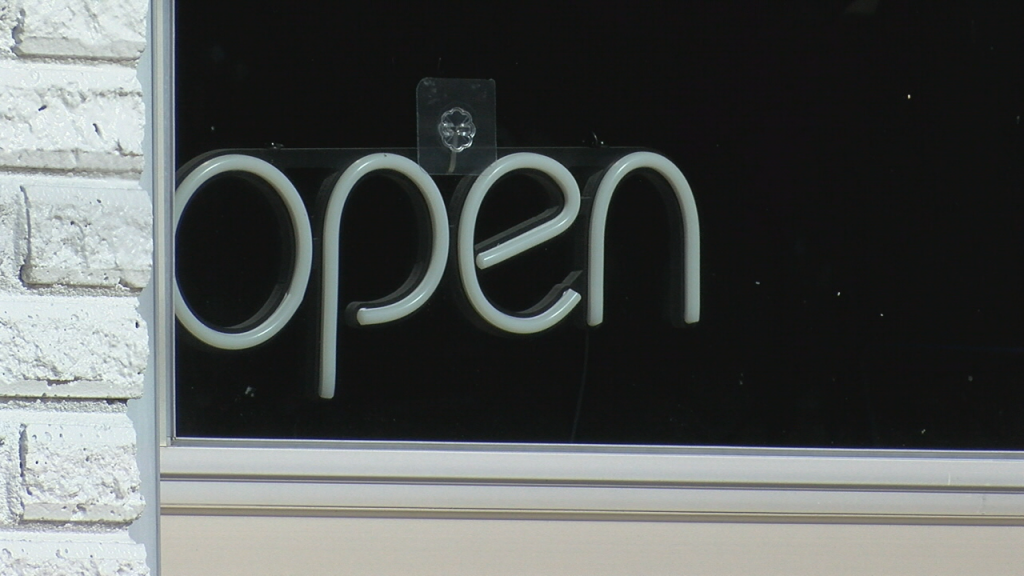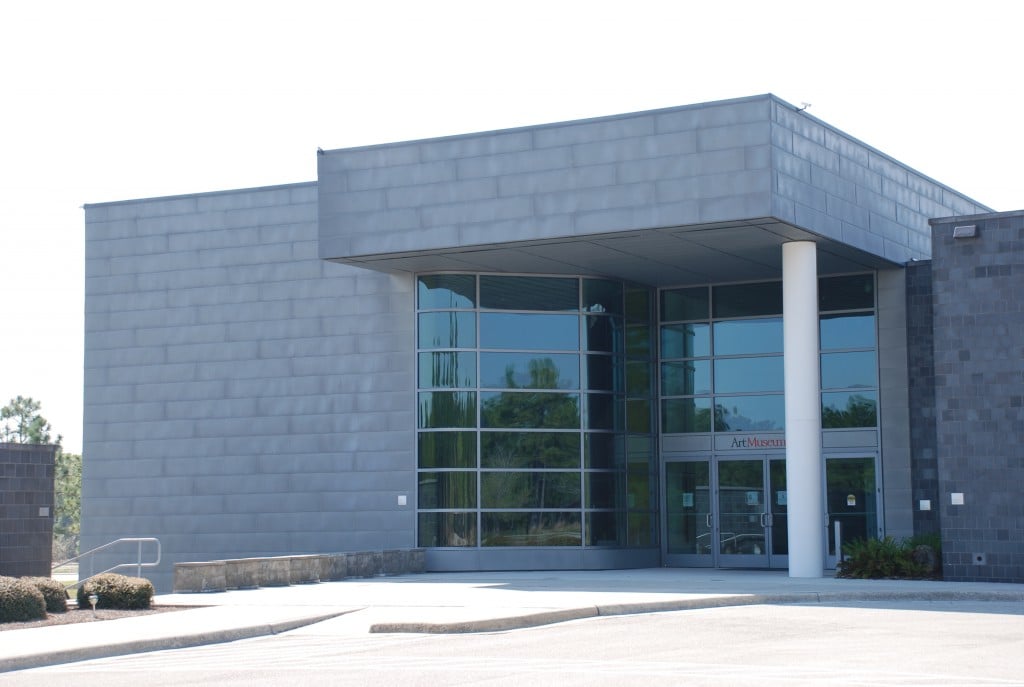Puppy mills are on the rise
You may not know it, but your best friend, Fido, may have been born in a puppy mill. Local animal shelters say more and more puppy mills are being started in the Cape Fear Region.
New Hanover Animal Control Services Manager Jean McNeil says puppy mills have “stacks and stacks of crates where the mothers are never taken out of. The dogs simply have the litters of puppies and these are sold for profit.”
McNeil has been working at New Hanover County Animal Control for almost two decades.In that time she has seen an increase in the number of puppy mills in our area.
She said, “In our Cape Fear area it is a growing problem, and it’s been a problem as long as I’ve been here. We’ve had a number of major cases across the state where an excess of 600 animals were at two individual locations.”
She says many people who start a puppy mill will inbreed the dogs to cut down on costs.That can lead to many health issues. McNeil said, “You might end up with just the routine issues that you see, such as the intestinal parasites or the respiratory problems, but congenital defects may not show up until a lot later, like a liver disorder.”
McNeil says you may not know it, but your dog might have been born in a puppy mill. She says 90 percent of animals sold at pet stores are from puppy mills.
She says if you’re buying a dog from a breeder, make an unannounced visit. Ask to see where the dogs are kept and ask to see the parents of the dog you want.
Also, don’t use papers as a reliable source, because they can be manufactured.
McNeil says if you are not allowed to see the living conditions of the animals, it should raise a red flag and to contact animal control if you suspect someone is running a puppy mill.
McNeil says animal control officers are looking for tougher state laws to help fight puppy mills. She says they are putting together a list off all the puppy mills across the state to help build their case to lawmakers.





Leave a Reply